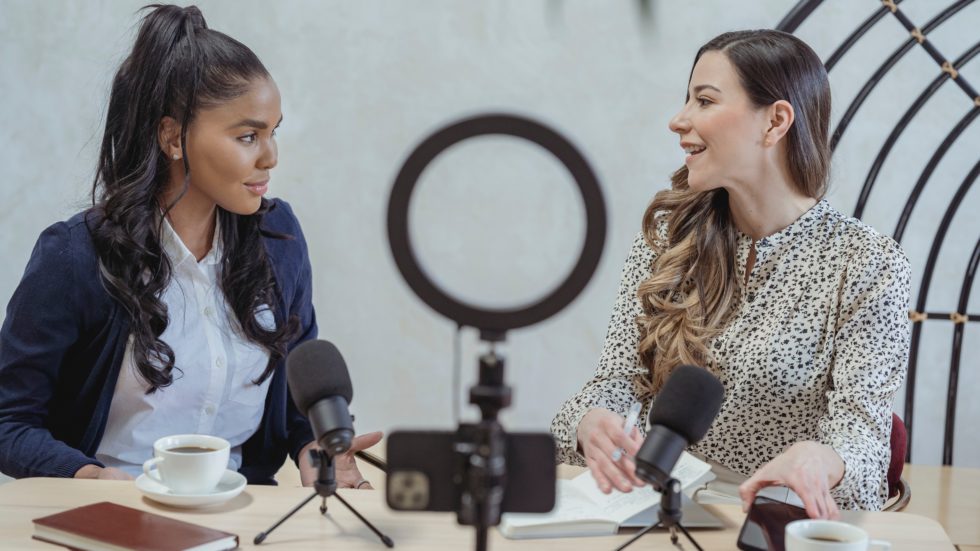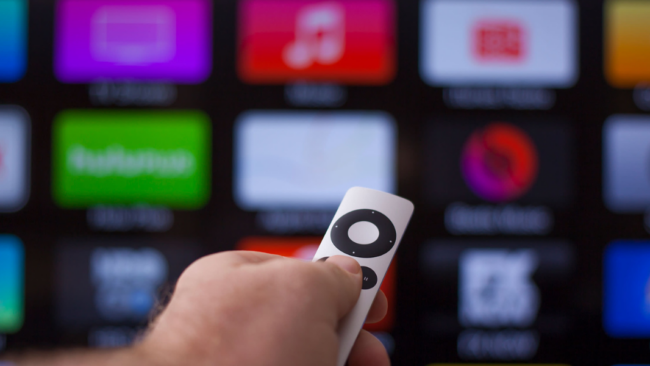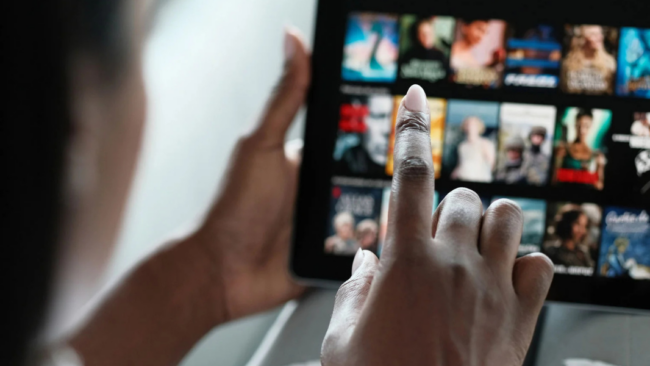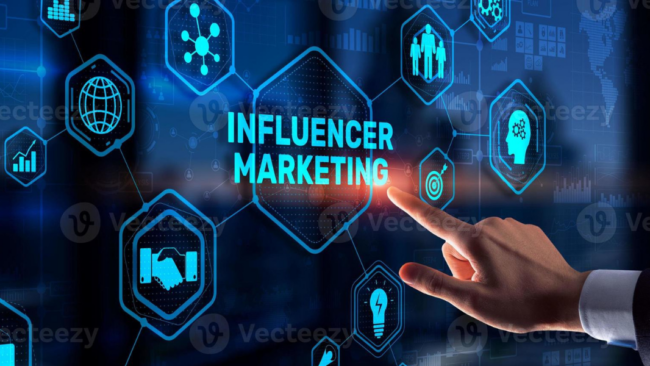
Collaborating with creators is now table-stakes for brands: 90% of them believe working with creators in some capacity is a critical part of their marketing strategy.
But there’s more than one way to do it, including affiliate marketing and creator partnerships. In a creator partnership model, brands pay creators a flat fee or per post, regardless of content performance. Affiliate marketing, meanwhile, means brands compensate creators per conversion, with each one tracked via a custom link generated for individual creators.
So which strategy is right for your brand? While affiliate marketing has a low barrier to entry and can help generate conversions, creator partnerships can nurture long-term relationships that yield valuable content and enrich brands’ overall social strategy. Affiliate marketing is a great route for brands new to working with creators—or brands that lack the time, money, and bandwidth to invest in true strategy—but when it comes to long-term ROI and content quality, creator partnerships are the gold standard.
Affiliate marketing adds incentive
Affiliate marketing is robust and growing: By the end of 2022, spend will have increased by more than 50% compared to five years prior. Already, affiliate campaigns account for 16% of online purchases in North America—and for good reason.
Since creators see a share of the sales they generate, affiliate engagements encourage creators to craft content that drives sales, boosting ROI for both the brand and creator. And, because affiliate marketing partners are paid per conversion, brands are protected from inadvertently investing significant amounts of money in partnerships with low ROI. In other words, they’re shielded from accidentally aligning with creators with paid followings or low engagement rates, which can be difficult to detect without the right tools.
But a word of warning: proposing an affiliate relationship may not strike the right chord with established, big name creators. When brands want high-quality, customized content, but propose an affiliate compensation model, some creators take it as a sign that a brand is unwilling to invest in a real partnership, or is even looking to take advantage of creators’ work without being on the hook to pay them if conversions are low.
Creators that have spent years building established followings want to be sure that they’ll receive compensation when investing their time and creativity. A VTuber tweeted last year that in “affiliate programs… you’re just putting in free work for a company who doesn’t care about you.” While this statement may not be universally true, the sentiment has been echoed by other creators.
And there’s another reason why affiliate marketing isn’t always the right route. Creators are under pressure to drive sales, so posts from affiliates tend to be less personal, and more transactional. Consumers are wary of this content—they want quality posts, not sales pitches or ads.
Creator partnerships require greater trust and time for higher-quality content
Brands interested in highly-targeted, authentic content that’s carefully developed with a specific audience in mind should opt for a creator partnership instead. These relationships are typically more involved and meaningful than affiliate partnerships—brands need to take time to find the right creator partners, collaborate to help creators tailor their content to brand strategy, and commit to building a relationship.
If it sounds like creator partnerships require more work, you’re right. Creators will expect a higher level of communication and trust, and brands should expect to work alongside and learn from creator partners.
But for many brands, that work is well worth it. From these relationships, brands can expect trusted partners and higher-quality, more authentic content that reflects their brand. And this content resonates better with consumers, too. More than a third trust content from creators more than from brands, and 80% have made a purchase from a brand after a recommendation from a creator.
Brands must be realistic about their goals and expectations when it comes to forming creator partnerships. No matter the strategy, forming strong creator partnerships based on mutual trust and respect will boost engagement and conversions in the long run.


